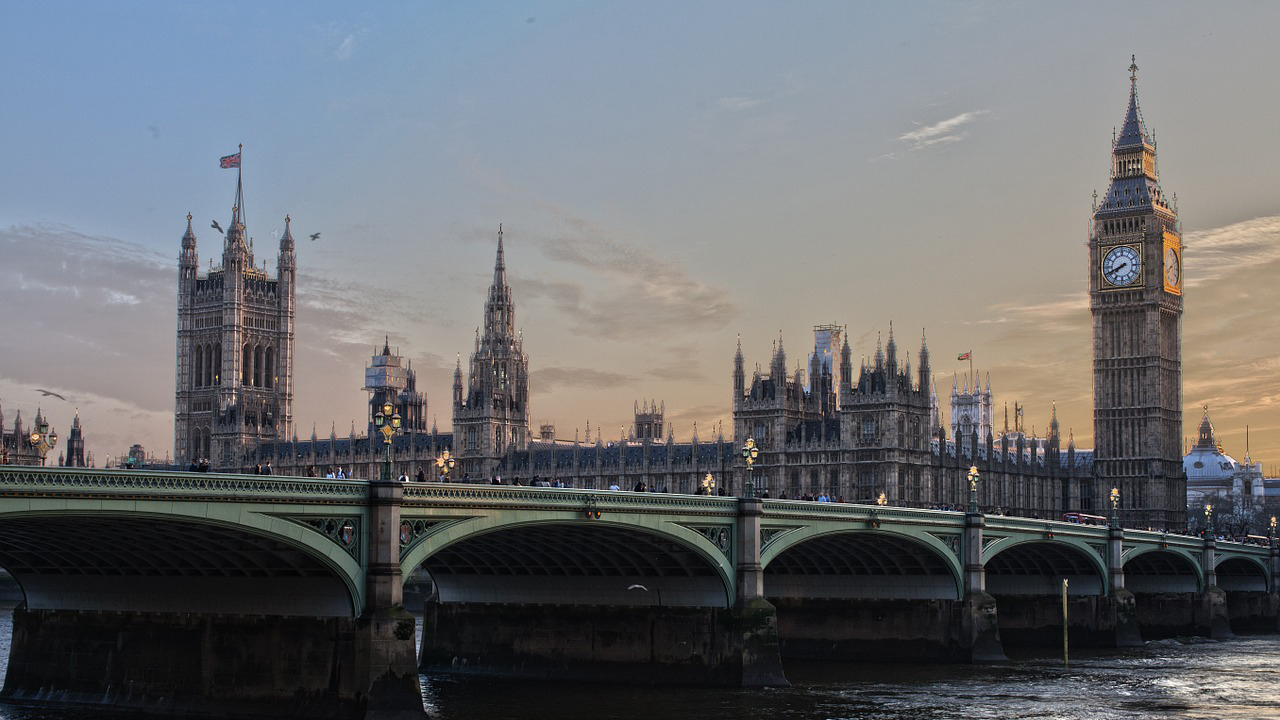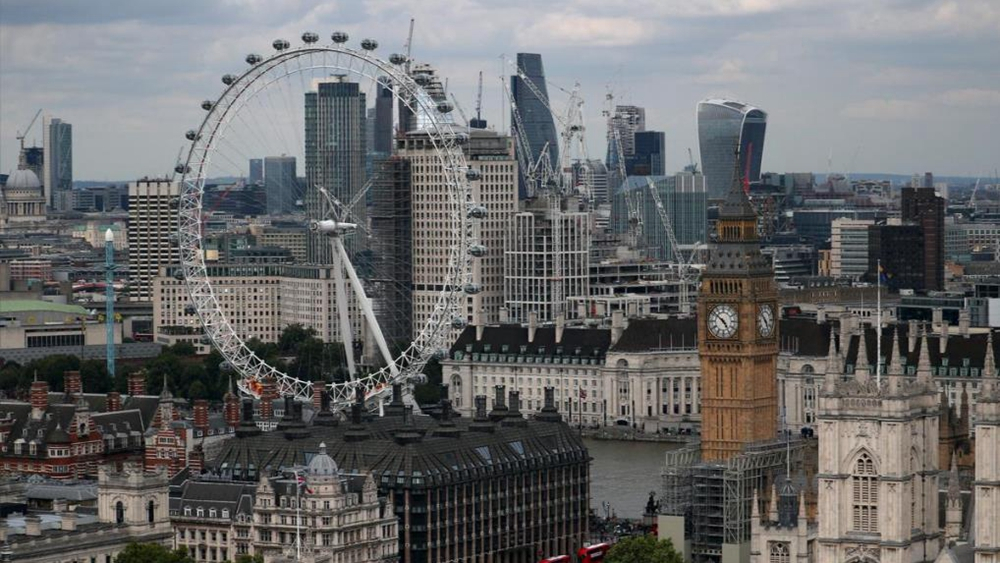
Europe
14:10, 16-Apr-2019
Brexit Back-up: How UK start-ups are relocating parts of their businesses as a Brexit contingency
Juliet Mann
02:35

Will it, won't it, when? Continued confusion over Brexit in the United Kingdom has frustrated many small and medium sized start-up firms. They once saw the UK as their European gateway and a stepping stone to international markets. But with big questions now around costs and regulations, some are packing up for less risky locations to set up base.
British start-up Moving Beans makes biodegradable coffee capsules using the fiber from sugar beet as an alternative to single-serve pods such as those from Nespresso, which are advertised by George Clooney. The founders set up the company in 2017, after the UK referendum on leaving the European Union, because they felt the UK was the right environment for a burgeoning business. Their product is made in continental Europe and imported to the UK.
Now concern that Brexit will grind down their margins means Moving Beans is moving on.
"It has made us question whether to stay and keep our headquarters in the UK, which is a shame because it was as great place to start our business. But now we are now looking to Ireland or Germany as a place to headquarter the company so we have that certainty and comfort and keep the business alive," said co-founder Daniel Hardej.
"We're not taking losses yet, that is really what we are trying to avoid. To do some damage limitation. [Moving] would mean that we don't need to pay these WTO tariffs which would be in place if we end up with no deal. It would mean shipping is cheaper and we are connected with a big customer base as well," he said.
As a world financial center, with innovation-friendly regulatory regimes, London has been a magnet for many start-up firms. But the London Chamber of Commerce says Brexit woes are spooking some investors and could put European global connections at risk.

The London Eye, the Big Ben clock tower and the City of London financial district are seen from the Broadway development site in central London, August 23, 2017. /Reuters Photo
The London Eye, the Big Ben clock tower and the City of London financial district are seen from the Broadway development site in central London, August 23, 2017. /Reuters Photo
"We're seeing investors that would come in, maybe in property or retail or tech sector just thinking well I'm not going to so that now because who knows what the situation is going to be in a couple of months' time - or even a couple of weeks. So. they are going to wait and see before they actually make that investment - it could be in staff, it could be in equipment, it could be in R&D" said the recently retired CEO of the London Chamber of Commerce, Colin Stanbridge.
In short, business plans are being rewritten particularly for the financial and medical technology sectors since a big concern for those start-ups in industries like Fintech and medtech is regulation. That's why some have applied for licences and approvals elsewhere in the EU to safeguard their European operations and ambitions
Fintech firm Soldo, whose mobile app helps businesses manage their expenses, says keeping operations solely in London is too risky for growth. To that end, the firm has secured an Irish e-money license as a shield against Brexit, making Soldo just the third company to get the nod from the Irish Central Bank.
CEO Carlo Gualandri plans to migrate more than half the business, serving 50,000 users around Europe and the UK from its current UK e-money institute to Ireland.
"We've been working, planning and ultimately in the past year and half executing basically a complete duplication of all the activities we had already developed and built as a regulated entity in the UK. So, we created a second base of operations in Ireland with the end result that first of all, it's a duplication and all the growth originally planned to happen in London will now happen in Dublin," he said.
If there is one breed of business equipped to survive industry uncertainty and economic upheaval, it should be the nimble, versatile, innovative start-up. But for firms like Soldo and Moving Beans, it might take a Brexit breakthrough to stop some entrepreneurs from walking out the door.

SITEMAP
Copyright © 2018 CGTN. Beijing ICP prepared NO.16065310-3
Copyright © 2018 CGTN. Beijing ICP prepared NO.16065310-3